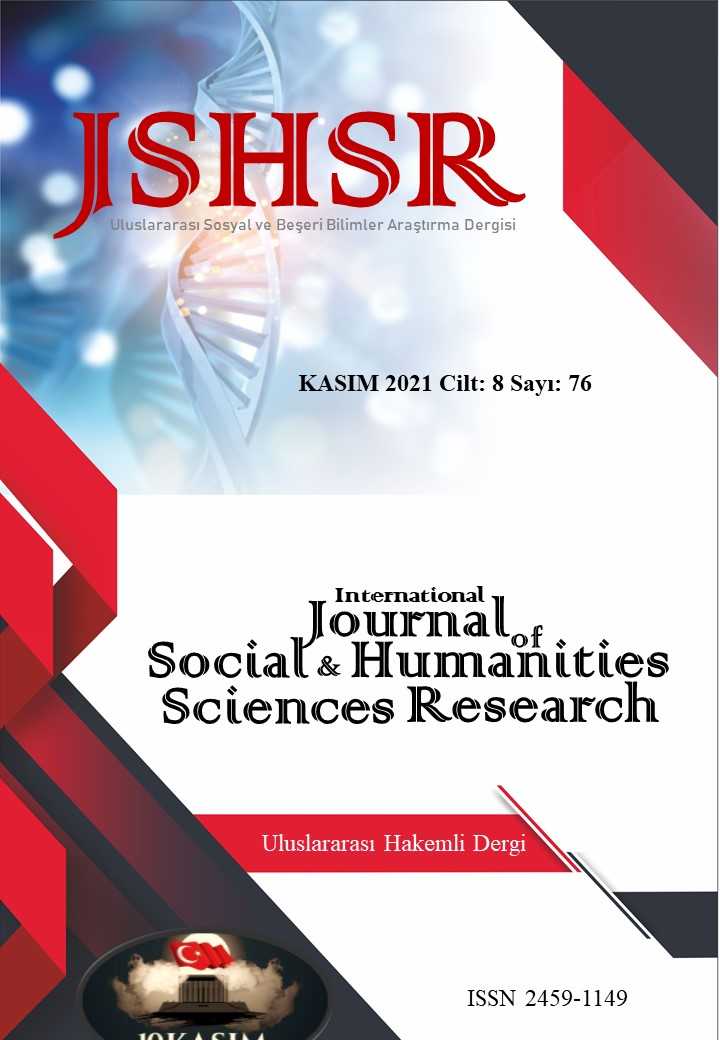THE EFFECT OF SUBSIDIARITY PRINCIPLE ON LOCAL GOVERNMENT REFORMS IN TURKEY
DOI:
https://doi.org/10.26450/jshsr.2769Keywords:
Subsidiarity, Locality, Globalization, Governance, public administrationAbstract
By the 1970s, as a result of neo-liberal policies which called new rights became dominant, government policies started to change according to global capital’s interest. To end the regulatory and supervisory role of government on market, new public policies occurred due to the new era. Even local authorities couldn’t escape globalization and got into the mainstream of economic relations of the day. According to the subsidiarity principle, to increase the productivity of public services, they should be fulfilled by the closest unit to the citizens. In practice, the local authority which is secondary at producing public services besides central administration becomes primary and can share the presentation of services with the private sector, which means marketization of public services. With the marketization of public services in line with the requirements of global capital, citizens become a customer. After the military coup in 1980, neo-liberal policies became dominant ın Turkey and brought a new public management mentality. The reforms which started according to the new public management mentality gained speed with the impact of the European Union in the early 2000s. In this essay, we are going to discuss the subsidiarity principle which is referred to in the 1982 constitution, and its’ effects on local authority reforms made after the 2000s. And how constitution barricades were tried to remove to perform the reforms in practice.
Downloads
Published
How to Cite
Issue
Section
License
Copyright (c) 2021 INTERNATIONAL JOURNAL OF SOCIAL HUMANITIES SCIENCES RESEARCH

This work is licensed under a Creative Commons Attribution 4.0 International License.


